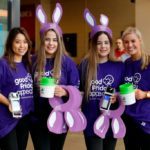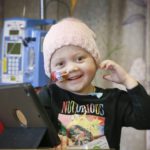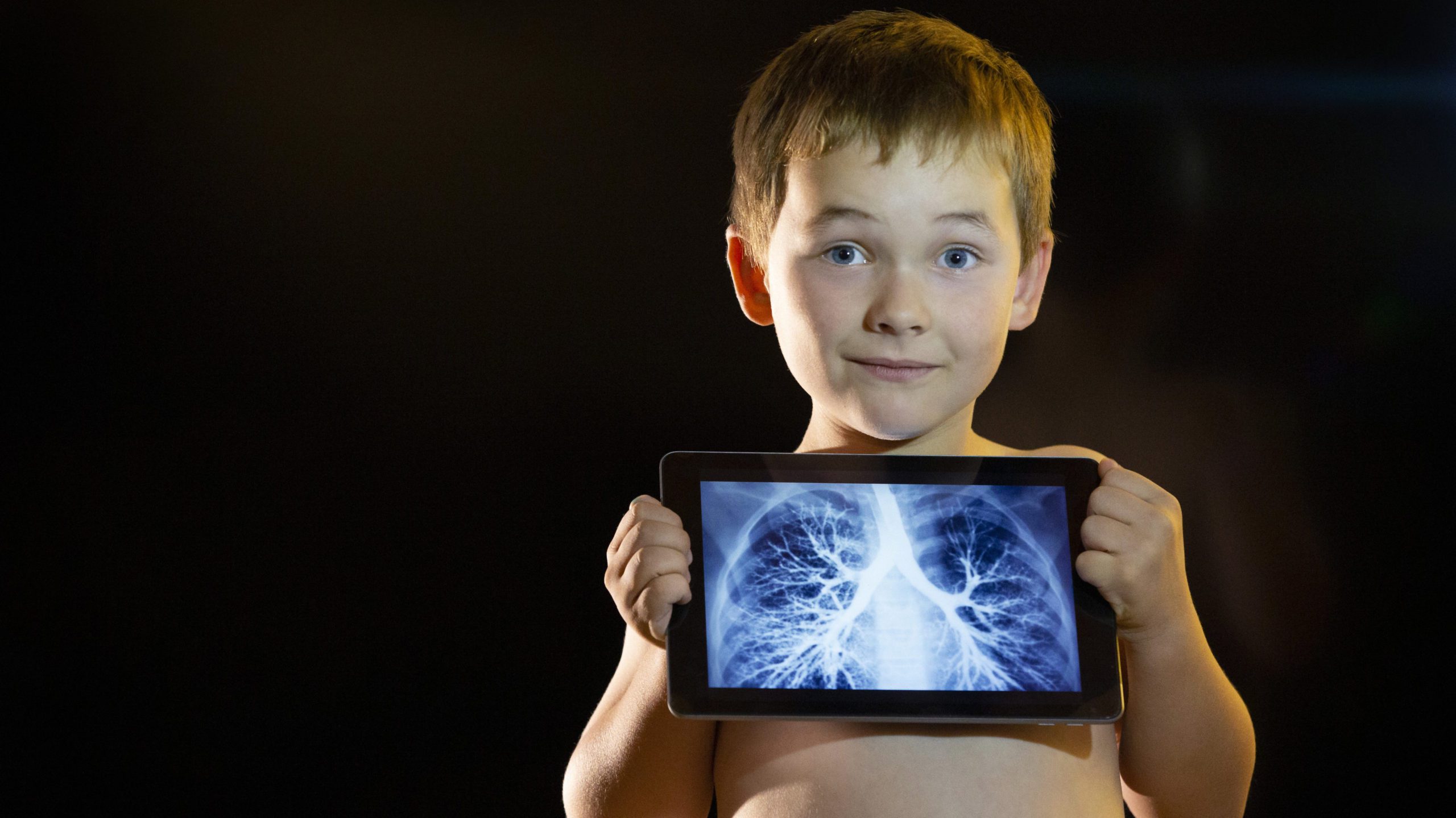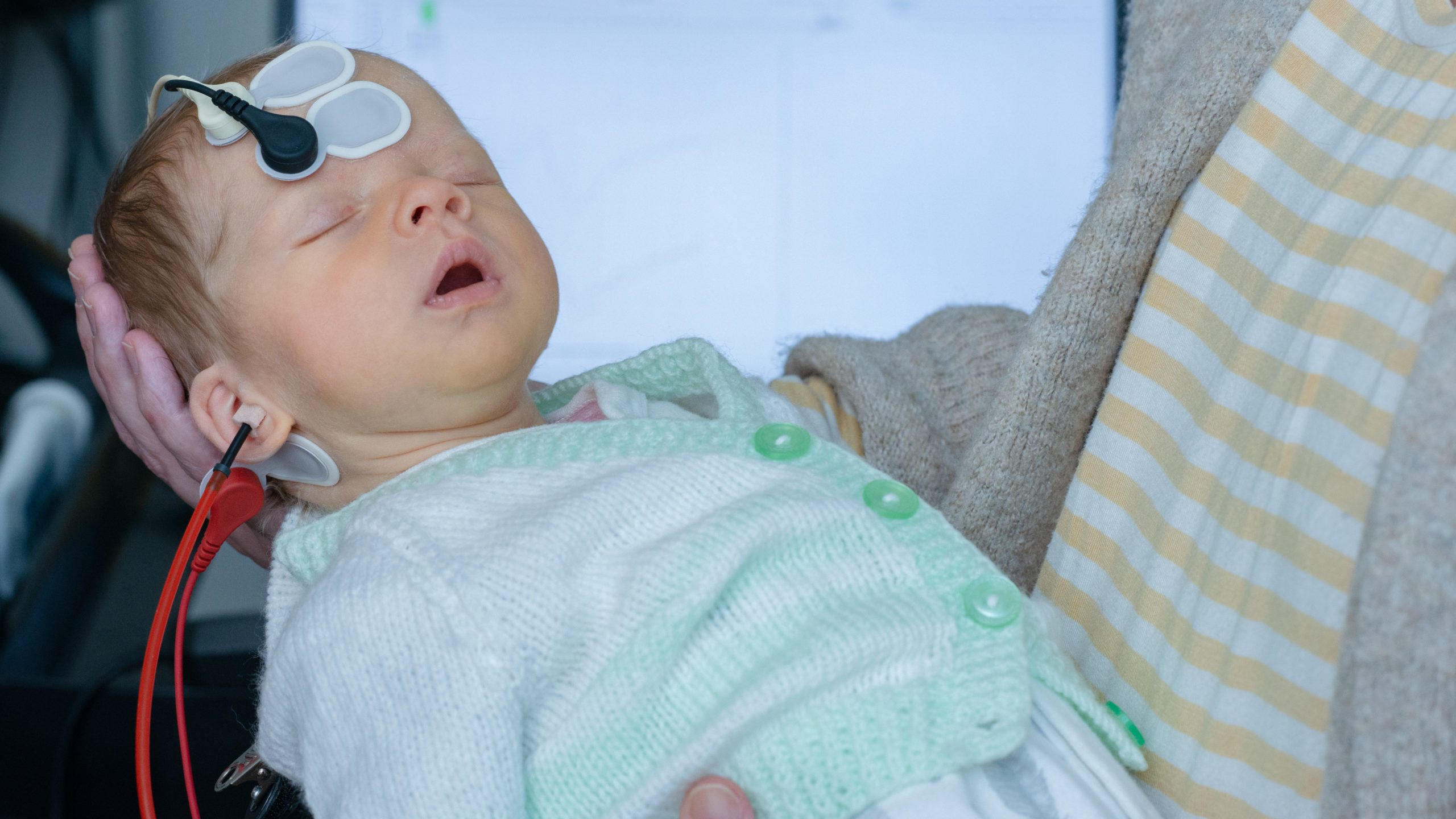Providing care for a catchment area of 250,000 people, Grampians Health requires new state-of-the-art resuscitation, ultrasound and anaesthesia equipment to continue to provide the best care locally for women and babies with high-risk health needs.
Infant Resuscitator Cots
From premature births and labour complications, to low birth-weight babies or those that are very unwell, there are many reasons babies require resuscitator cots, which provide critical breathing support. They are used in the Maternity Unit and Special Care Nursery and in clinical emergencies in the Emergency Department and the Operating Theatre. Funding will allow Grampians Health Ballarat to purchase a new fleet of the latest resuscitator cots, creating consistency across the region, and meaning staff will be trained to use the same equipment, regardless of where they are working. With battery back-up, these cots also allow the safe transportation of critically ill babies to the RCH if required.
Maternal Ultrasound
Purchasing the latest maternal ultrasound machine will allow more complex scans to be carried out. This will help Grampians Health Ballarat to identify and monitor women who have high-risk pregnancies, including multiple births. This new machine will be an essential tool to ensure babies can continue to be delivered safely and close to home. The purchase will also create consistency across the fleet, ensuring the same care, monitoring and reporting can be offered throughout the region.
Paediatric Anaesthesia
With a need to replace ageing anaesthesia machines, the purchase of a new machine will optimise patient safety and efficient throughput of the Operating Theatres. Integral to the new anaesthesia machine will be new patient monitoring devices which will align theatre patient monitoring with all acute care departments throughout the hospital, including the Children’s Ward, allowing for better workflow without the loss of vital signs monitoring. This also future-proofs electronic medical record (EMR) integration by standardising patient monitoring.
2025 Funding Update
Grampians Health is the largest regional referral health service in western Victoria, providing comprehensive care to a population of more than 250,000 people across areas ranging from Bacchus Marsh through to the South Australian border. Grampians Health requires new life-saving and state-of-the-art equipment.
- Infant Resuscitator Cots x 4 – from premature births and labour complications, to low birth-weight babies or those that are very unwell, there are many reasons babies require resuscitator cots, which provide critical breathing support. They are used in the Maternity Unit and Special Care Nursery and in clinical emergencies in the Emergency Department and the Operating Theatre. These devices come fully equipped with life-saving features such as a heat lamp, autobreath and an in-built oximeter. With battery back-up, these cots also allow the safe transportation of critically ill babies to the RCH if required.
. - Maternal Ultrasound x 2 – Purchased two maternal ultrasound machines to allow more complex scans to be carried out. These devices are used over 1,000 times each month and help to identify high-risk pregnancies or any fetal abnormalities as early as possible. This has had a remarkable impact on regional families, ensuring that babies can be delivered safely and as close to home as possible.
. - Paediatric Anaesthesia machines – supporting surgical procedures across the service. These high performing machines will maximise productivity in the operating theatre, and importantly, will help future-proof the hospital’s electronic medical record integration by standardising patient monitoring.
“This generous grant from the Good Friday Appeal has helped us transform the pre- and post-natal care we provide to the families of Western Victoria. Our new equipment ensures the babies born in our community receive the best possible start in life, close to home,”
Dale Fraser, Grampians Health Chief Executive Officer.





